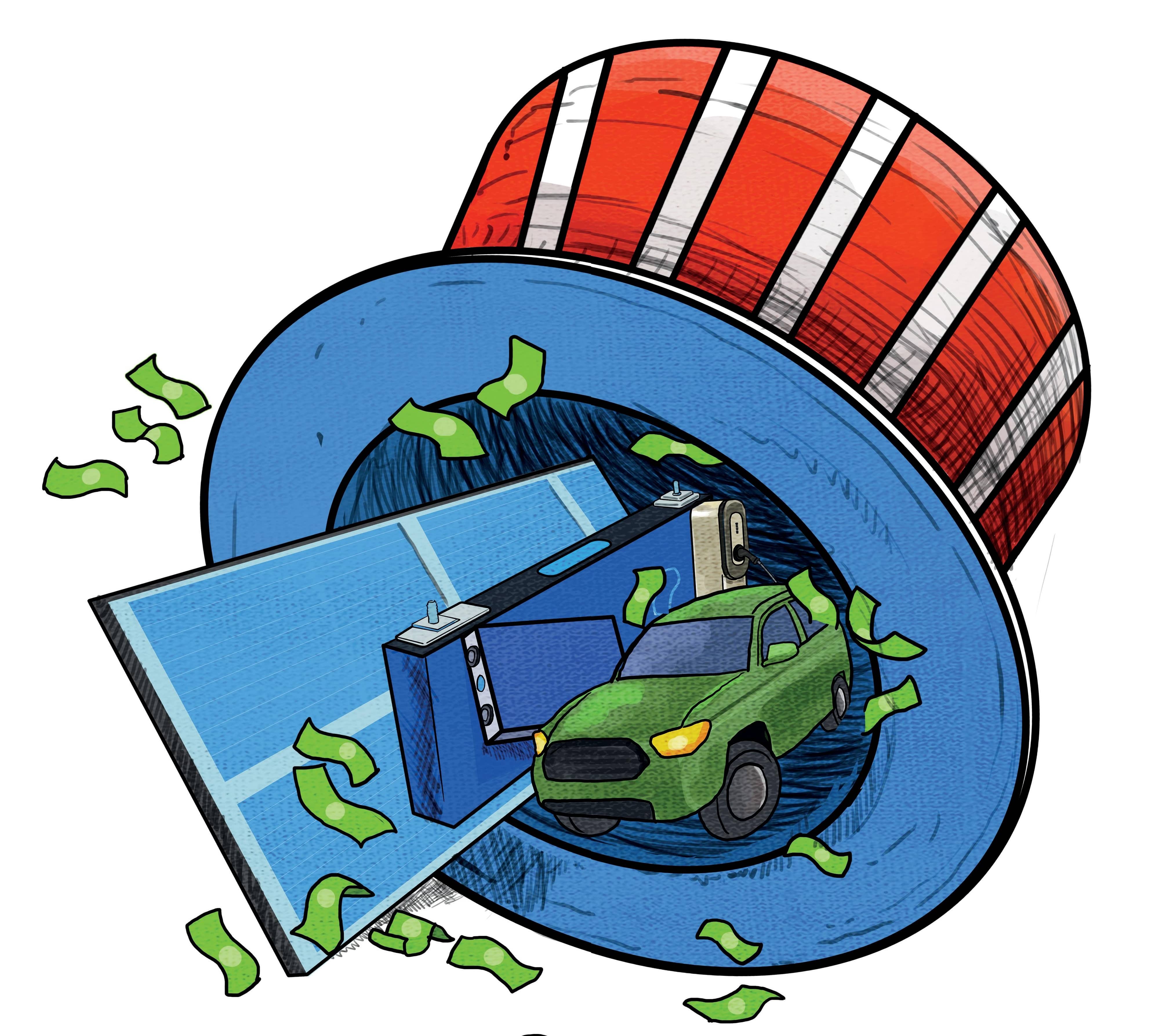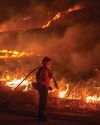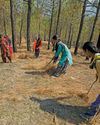
THE RACE to build a low-carbon economy is heating up. Countries have in recent months proposed or introduced policies and laws to speed up the transition from fossil fuels, promote manufacturing of clean-energy technologies at scale and decarbonise industries. On the face of it, this race appears to be part of the global effort to cut greenhouse gas emissions. But it has sparked fears of economic rivalry and neo-protectionism, as governments on the pretext of climate action try to reshore green industries and dominate the global supply chain of goods and technologies essential to avert a climate catastrophe.
Some of the new climate-focused trade measures that threaten globalisation as we know it are by the US and EU—the largest and second largest historical emitters of greenhouse gases.
Consider the Inflation Reduction Act (ira), passed by the US in August 2022. It has been billed as the most serious effort yet by the US to face up to climate change. Under ira, the government aims to unleash subsidies, about $370 billion, mainly through tax credits, over 10 years for sectors such as renewable energy, electric vehicles, energy efficient appliances and leading-edge technologies like carbon capture and storage and clean hydrogen. An analysis by McKinsey, a global management consulting firm, shows that corporations are the biggest recipient of ira funding, with an estimated $216 billion worth of tax credits. There are indirect subsidies for manufacturers too, in the form of tax credits worth $43 billion, that aim to make low-carbon purchases such as electric vehicles and rooftop solar panels more affordable.
Esta historia es de la edición February 16, 2023 de Down To Earth.
Comience su prueba gratuita de Magzter GOLD de 7 días para acceder a miles de historias premium seleccionadas y a más de 9,000 revistas y periódicos.
Ya eres suscriptor ? Conectar
Esta historia es de la edición February 16, 2023 de Down To Earth.
Comience su prueba gratuita de Magzter GOLD de 7 días para acceder a miles de historias premium seleccionadas y a más de 9,000 revistas y periódicos.
Ya eres suscriptor? Conectar

THE CIRCULARITY ARGUMENT
A circular economy can help India achieve its developmental aspirations while following the low-carbon pathway. It will also help address the challenges of waste management, pollution and overexploitation of natural resources. Industries are already innovating to reuse high-volume wastes and have shown that the transition can usher in both environmental and financial windfalls

Banking on flawed drug voluntary licences
The Medicines Patent Pool is pushing for more VLs, but its bad deal with Novartis on a cancer drug shows the pitfalls

Lasting solutions
For the first time, the UN has recognised the role of indigenous communities in tackling aridity. A repository of traditional knowledge India has the wherewithal to lead the way

IMD at 150
India's journey into modern weather forecasting took a decisive turn 150 years ago with the establishment of India Meteorological Department during the British rule. The agency has come a long way since then, shaping the way the country predicts and responds to its diverse climate challenges

Every drop counts
In drought-prone Marathwada region, 14 villages have managed to counter water shortage by budgeting the resource

Threat to survival
Hollongapar Gibbon Sanctuary in Assam faces ecological challenges as railway electrification and hydrocarbon exploration endanger its fragile biodiversity

'Migration is going to be a battlefield'
AMITAV GHOSH is one of the foremost chroniclers of our times. His literary sojourn includes writings on topics that range from languages to climate change to human lives. His latest book, Wild Fictions, brings some of his works on these issues under one title. In a conversation with RAJAT GHAI, Ghosh shares his views on the future of human movement. Excerpts:

Face of future
California wildfires confirm forest fires are intensifying in a hotter world, emitting substantial amounts of greenhouse gases and reinforcing global warming

Friends of the forest
Residents of 30 villages in Uttarakhand establish a model for public participation in saving forests from wildfires

Climate-crazy playbook
Just hours after his second (and final) term began on January 20, US President Donald Trump unleashed 46 presidential actions. Several of these are centred on the US' climate commitments, energy transition, migration and trade policies, and are likely to have negative global implications